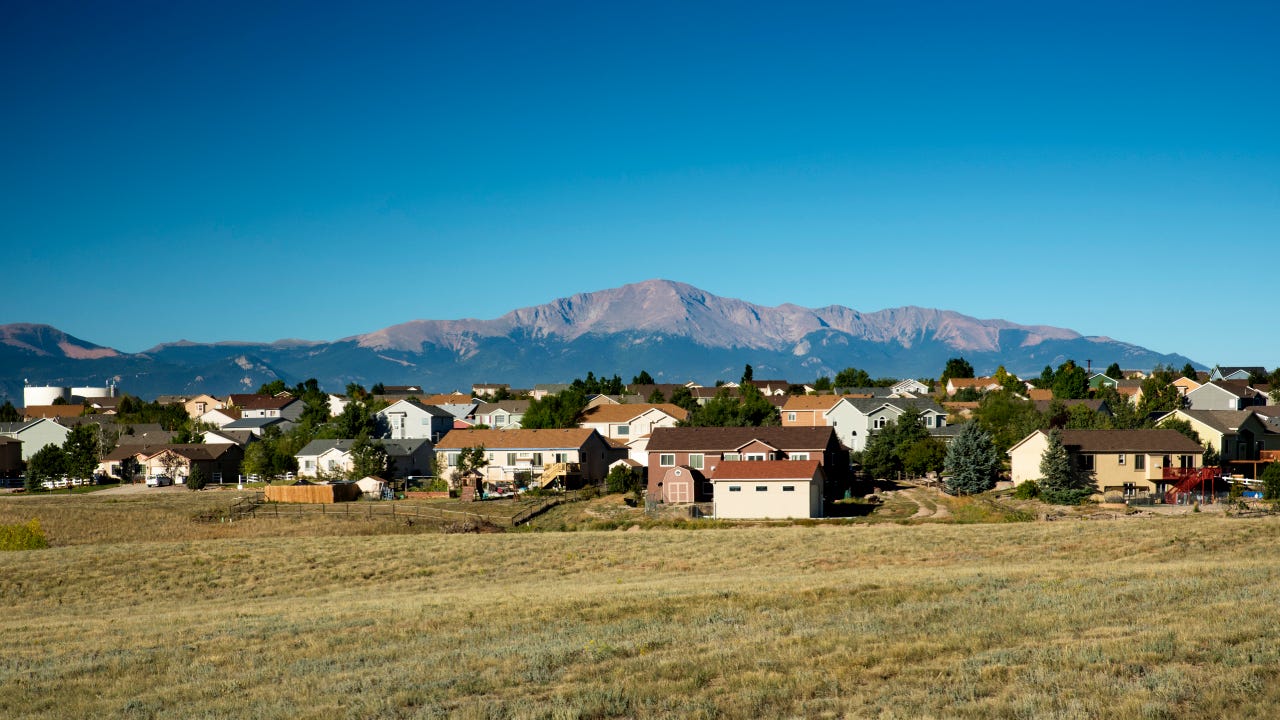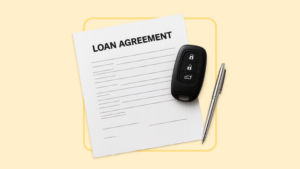Cost of selling a house in Colorado

Preparing to sell a house in Colorado? You may stand to make a nice profit: Median home prices in the state have risen dramatically over the past five years, according to data from Redfin. However, selling a house isn’t all profit.
Before you start calculating your earnings, you’ll also need to consider how much it costs to sell a house in the Centennial State. Between Realtor fees, closing costs and moving expenses, you could bring in less money than you anticipated. Make sure you’re fully prepared to hit the market by learning about the cost to sell a house in Colorado below.
Sellers’ closing costs
Before you can pocket the proceeds from your home sale, you’ll need to pay closing costs — a set of fees and expenses associated with finalizing a real estate transaction. Buyers and sellers are each responsible for different costs. Common closing costs for sellers include:
- Transfer tax: In Colorado, the transfer tax is called the documentary fee, and it might be paid by either the buyer or the seller, depending on the contract. The state charges a nominal tax of 1 cent per $100 of property value — so, on a $400,000 home, that would be $40 — but individual municipalities may charge an additional tax.
- Escrow fees: If the buyer deposits money into an escrow account, which is very common, you may need to pay (or split) a fee for maintaining the account.
- Title-related fees: Colorado sellers often pay for title insurance, which protects buyers if there are issues with the property title. The cost of these policies varies depending on your location and home sale price. There may also be a charge to run a title search.
- Legal fees: You aren’t required to hire a real estate attorney when buying or selling in the Centennial State. However, having an expert in your corner is a smart move anyway with this many important legal documents being signed, and this much money being exchanged.
- Property taxes and HOA fees: Since you’ll own the property until closing day, you’re responsible for paying the property taxes and HOA fees (if applicable) up until that date.
- Seller concessions: If you’ve agreed to any concessions, such as paying for certain repairs or covering part of the buyer’s closing costs, they’ll be deducted from your proceeds on closing day.
Real estate agent commissions
In addition to closing costs, sellers generally pay real estate agent commissions as well – for both their own agent and the buyer’s agent. Commission rates typically total somewhere between 5 and 6 percent of the home’s sale price, which will likely make this your biggest expenditure as a seller.
According to the Colorado Association of Realtors, the median sale price for a single-family home as of January 2024 was $548,950. A 5.5 percent commission on a home of that price would come to $30,192.
However, housing prices vary across the state, so you might pay more or less depending on your location. In Boulder County, for example, the median home price is higher at $775,000. There, a 5.5 percent commission would be $42,625. But in Pueblo County, where the median is $305,000, it would be just $16,775.
Home prep and moving costs
There’s also some prep work — and expense — involved in getting your home market-ready. You’ll probably want to make basic repairs for obvious flaws that might turn off a buyer, like cracked tiles or dripping faucets. (There’s no need to go overboard, though. Consult with your agent about what needs fixing and what not to bother with.)
Home staging is another way to increase the aesthetic appeal of your house. Professional stagers offer various services, including tidying, decluttering and arranging furniture to make sure your home looks its best. If you’ve already moved out and the home is empty, stagers might even rent furniture to make the rooms look more lived-in and inviting.
You’ll also want to boost your home’s curb appeal so it makes a great first impression with potential buyers. Even small things like cleaning your windows or planting a few flowers can make a big difference.
Finally, you’ll have to make sure all your belongings make it to your new home, so don’t forget to factor in relocation costs. Professional movers can cost anywhere from around $1,000 to several thousand more for large or long-distance jobs. And seasonality matters: During the busy summer season, prices are likely to be higher than they are in winter.
How much do I get from selling my house?
Your net proceeds are the amount of money you’ll receive after settling all of the costs associated with selling your home. This includes closing costs, commissions and other expenses, and it also includes the amount needed to pay off your existing mortgage, if you have one. That amount will likely be wired directly to your lender, potentially with interest and a wire transfer charge added.
To calculate your net proceeds, deduct all of the above expenses from your home’s final sale price. Ideally, you’ll see a nice profit — but bear in mind that, in some cases, you might owe capital gains taxes on those earnings.
Reducing costs
The costs of selling your home can add up quickly. These tips can help you reduce them.
- Negotiate commissions: In many cases, real estate commissions are negotiable. Speak with your agent to see if there’s any flexibility in their rate — the difference between 5 and 6 percent can save you thousands, especially on a higher-priced Colorado home.
- Sell as-is: Selling your home in as-is condition saves you the cost of making any upgrades or renovations. (It may be a turn-off to buyers, however, so it may be best to reserve this option for homes that truly do need a lot of work.)
- Minimize optional costs: You can save money by recruiting friends to help you move instead of paying a pro. If you’re handy and have a good eye, you can also do your own home staging and handle jobs like painting and minor repairs yourself.
- Look for the best deals: Before hiring an attorney, contractor or other service provider, shop around to compare rates and find the best deal.
Alternatives
If you don’t want to take the traditional route of selling with an agent, consider one of these alternative options:
- Cash-homebuying companies or iBuyers: Need a quick and easy sale, or need the cash from your sale ASAP? Cash homebuyers and iBuyers are known for their speed and convenience. The downside, though, is that they’ll probably pay you less than full market value.
- For sale by owner (FSBO): You could also go without a listing agent’s help in a FSBO sale. However, that leaves you in charge of everything an agent typically does — including marketing the property, setting up viewings, fielding offers and negotiating with buyers. Plus, you’ll still have to pay the buyer’s agent.
- Home equity: If you need money but don’t necessarily want to sell, consider tapping into your home equity with a loan or line of credit.
- Renting: On the other hand, if you can afford to hold on to the house (and you have another place to live), you might look into renting it out for extra income. This could be especially lucrative if you’re located in one of Colorado’s many popular ski areas.
Next steps
When you’re ready to sell, start by partnering with a knowledgeable real estate agent who understands your local market in Colorado. An agent’s insight and experience can help you determine an appropriate price for your property, showcase your home to prospective buyers and get the best deal possible.
FAQs
-
Closing costs in Colorado are quite low compared to many other states, averaging 0.7 percent of a home’s sale price according to ClosingCorp. On a median-priced $548,950 home in the state, that comes to $3,842. That entire cost is not shouldered by the seller, either — it’s split between you and the buyer.
-
Yes. You can sell without the help of a Realtor in any state, which will save you a listing agent’s commission — but you’ll have to manage every part of the selling process yourself, from creating the listing to completing the closing paperwork. It’s a lot of work.
Why we ask for feedback Your feedback helps us improve our content and services. It takes less than a minute to complete.
Your responses are anonymous and will only be used for improving our website.
You may also like






